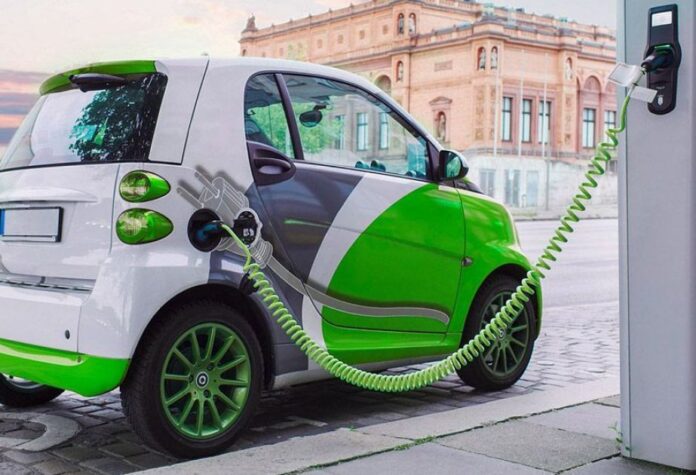By alimat aliyeva
Electric vehicles (EVs) have long been seen as a symbol of a
greener, environmentally friendly future, but a new international
study challenges the idea of their unconditional “greenness”,
Azernews reports.
Researchers from the University of Auckland and Xiamen
University have discovered that in countries heavily reliant on
“dirty” energy, such as coal, oil, or gas, electric vehicles may
not reduce, but rather increase carbon dioxide emissions.
The study, which analyzed data from 26 countries over 15 years,
concludes that if a nation’s power grid is primarily powered by
fossil fuels, the carbon emissions generated from charging electric
vehicles can actually be more harmful to the climate than using
gasoline-powered cars.
The study’s key finding is that electric vehicles only begin to
significantly reduce emissions when nearly half of a country’s
electricity comes from renewable sources such as wind, solar, or
hydroelectric power. Currently, the global average is about 30
percent.
In countries with high emissions from fossil fuel-based power
generation, the growing sales of electric vehicles may
paradoxically lead to an increase in the overall carbon footprint.
The combined environmental impact of battery production and
charging EVs from coal or gas-powered grids has a cumulative effect
that undermines the potential climate benefits.
“Electric vehicles are not a universal solution. Without
simultaneous progress toward renewable energy, their environmental
advantages are limited,” said Professor Stephen Poletti, one of the
study’s co-authors.
However, there is some positive news. In countries where the
share of clean energy is high, such as New Zealand (where over 80
percent of electricity comes from renewable sources), electric
vehicles genuinely improve the situation. But on a global scale,
the energy infrastructure has not yet kept pace with the rapid
growth of the battery-powered vehicle fleet. In 2022, over 10
million electric vehicles were sold worldwide, highlighting the
need for urgent infrastructure adaptation.
The study emphasizes that to make transportation truly
sustainable, it is crucial not only to promote the purchase of
electric vehicles but also to accelerate energy reform. This
includes increasing the share of green energy in the grid,
developing energy storage solutions, modernizing the electricity
grid, and embracing smart urban planning. Without these steps,
increased demand for electricity could exacerbate reliance on dirty
energy sources, worsening the climate situation.
This research calls for a more holistic approach to
sustainability—recognizing that the environmental impact of
electric vehicles depends on the entire energy ecosystem in which
they operate. The future of transportation may not just depend on
EVs alone, but on a concerted effort to transition to cleaner, more
efficient energy systems globally.


